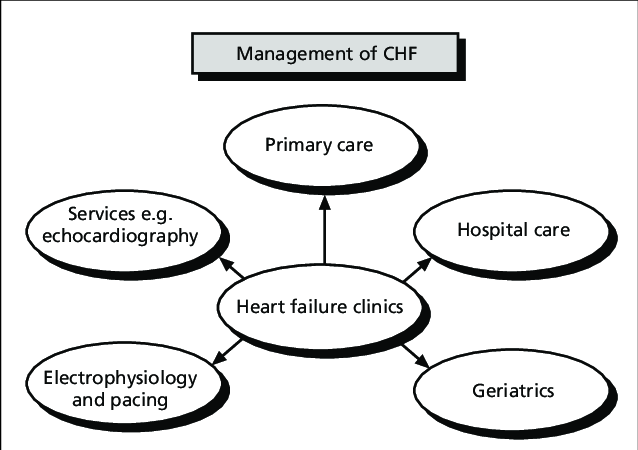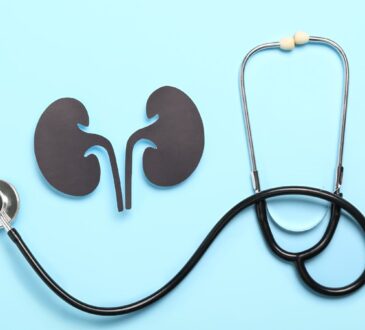Cardiologists and their Role in Managing Congestive Heart Failure

Congestive heart failure is a serious condition. Cardiologists play a crucial role in managing it. They use their skills to improve heart function and enhance quality of life. A houston invasive cardiologist may perform procedures to open blocked vessels and restore blood flow. This direct approach helps address underlying issues, reducing symptoms and preventing further complications. By working closely with patients, cardiologists create tailored plans that support ongoing heart health.
Understanding Congestive Heart Failure
Congestive heart failure occurs when the heart cannot pump blood as well as it should. This leads to a buildup of fluid in the lungs and other parts of the body. Symptoms can include shortness of breath, fatigue, and swelling. Managing this condition often requires a combination of lifestyle changes, medication, and sometimes surgical interventions.
Cardiologists are at the forefront of this management. They assess and diagnose the extent of heart failure. Through tests like echocardiograms and stress tests, cardiologists gather detailed information on how well the heart is functioning. This data is crucial for forming an effective treatment plan.
The Role of Invasive Procedures
Sometimes, non-invasive methods are not enough. In such cases, invasive procedures help manage the condition more effectively. A cardiac catheterization might be necessary to examine the heart’s health more closely. This procedure helps identify blockages or valve issues that could be contributing to heart failure.
Invasive cardiologists perform interventions like angioplasty to clear blocked arteries. They may also place stents to keep arteries open. These procedures improve blood flow, which can alleviate symptoms and improve heart function. By doing so, they play a vital role in heart failure management.
Non-Invasive Approaches
Despite the need for invasive procedures, many cardiologists focus on non-invasive treatments first. These include lifestyle changes such as diet, exercise, and quitting smoking. Medications such as ACE inhibitors or beta-blockers also help manage symptoms and improve heart function.
Cardiologists frequently collaborate with other healthcare providers. This can include dietitians, physical therapists, and primary care doctors. By working together, they ensure a comprehensive treatment plan is in place.
Information and Support
Education is a crucial part of managing congestive heart failure. Cardiologists provide patients with the information needed to understand their condition. This might mean explaining the importance of medication adherence or how certain dietary changes can impact heart health.
Support extends beyond medical advice. Cardiologists help coordinate care among different specialists. They ensure that all aspects of a patient’s health are considered. Regular follow-ups help monitor progress and adjust treatment plans as needed.
Comparing Treatment Options
| Treatment Option | Benefits | Drawbacks |
|---|---|---|
| Lifestyle Changes | Improves overall health, no side effects | Requires commitment, time to see effects |
| Medication | Reduces symptoms, easy to administer | Possible side effects, requires monitoring |
| Invasive Procedures | Immediate results can fix structural issues | Risk of complications, recovery time |
Conclusion
Cardiologists play a pivotal role in managing congestive heart failure. By offering both invasive and non-invasive treatments, they provide comprehensive care that addresses various aspects of heart health. Their expertise helps tailor treatment plans to each patient’s unique needs, improving outcomes and quality of life.
For more detailed information on heart failure and cardiology, you can visit the National Heart, Lung, and Blood Institute or the American Heart Association.










